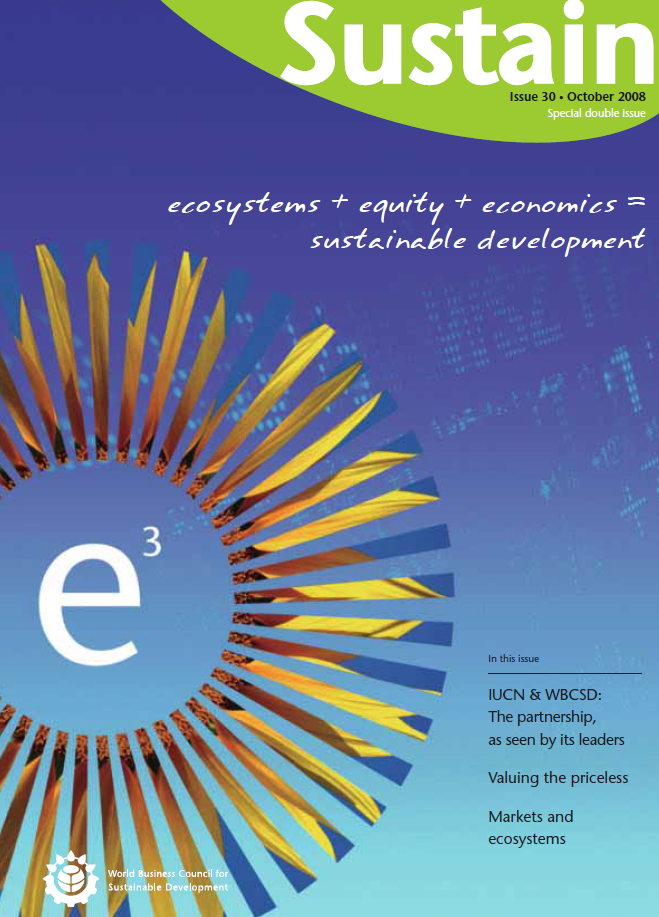
Corporations affect ecosystems and the services they provide while at the same time relying on them. Agribusiness depends on nature’s pollination, pest control and erosion regulation services. The insurance industry and infrastructure and plant asset owners benefit from the natural hazard protections that some ecosystems provide.
Because of these interrelationships, the trends and challenges identified by the Millennium Ecosystem Assessment in 2005 pose significant risks to companies (as well as to their suppliers, customers and investors), including increased scarcity and cost of raw materials such as freshwater, food and fiber. Being seen to damage ecosystems undermines corporate brands and image, can jeopardizes the license to operate and make it harder to raise capital.
At the same time, these challenges can create new business opportunities, including new technologies and products that will serve as substitutes, reduce degradation, restore ecosystems or increase the efficiency of ecosystem service use. They can create new markets such as water-quality trading, certified sustainable products, wetland banking and threatened species banking, and other ecosystem services such as carbon sequestration.
The value and sustainable management of ecosystems must become a more integral part of economic planning and decision-making by society; otherwise nature will always be treated as a second priority compared with social and economic development.
This special double issue of Sustain concentrates specifically on the ecosystems challenges and opportunities.

